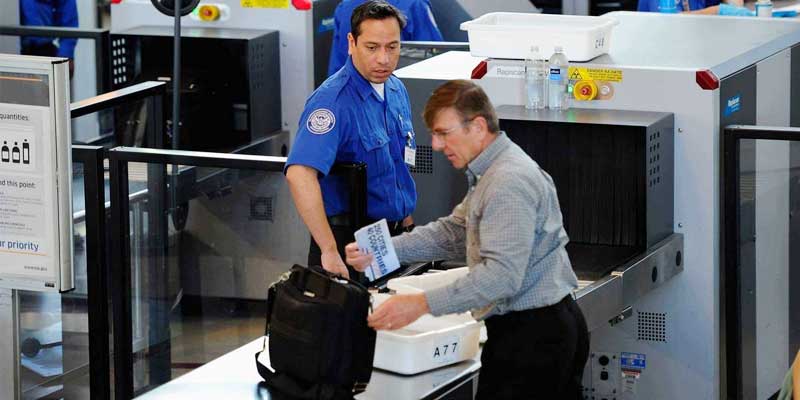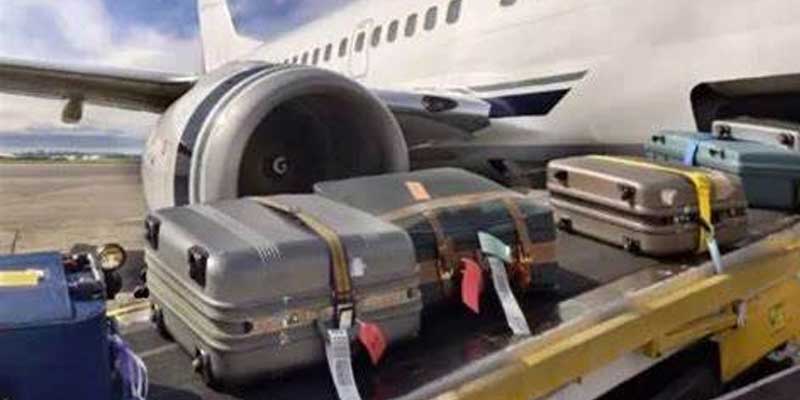Are li-ion batteries allowed on planes
Introduction
Travelers often face confusion about what items they can carry on airplanes, especially when it comes to electronic devices and the batteries that power them. Li-ion batteries, commonly used in laptops, smartphones, and other portable electronics, are subject to specific airline regulations due to their potential safety risks. This article will clarify these regulations and provide guidance on how to safely travel with these batteries.
Understanding Lithium-Ion Batteries and Air Travel Safety
Li-ion batteries are favored for their high energy density and long lifespan, but these advantages also come with safety challenges. The main risk associated with these batteries is thermal runaway, a chain reaction leading to a fire if the battery overheats. This has led aviation authorities worldwide to implement strict guidelines on how these batteries should be carried on commercial flights.

Regulatory Overview: FAA and IATA Guidelines
The Federal Aviation Administration (FAA) and the International Air Transport Association (IATA) provide guidelines to ensure the safety of air travel:
- Carry-On vs. Checked Baggage:
- Carry-On: Passengers are advised to carry lithium-ion batteries in their carry-on luggage. This allows any potential problems, such as a fire, to be addressed more quickly by the crew.
- Checked Baggage: Batteries installed in devices can be checked, provided the device is completely powered off and protected from accidental activation or damage. Loose batteries must be in carry-on luggage.
- Capacity Restrictions:
- Batteries are usually measured in Watt-hours (Wh). Those carrying batteries must be aware of the limits:
- Under 100Wh: Allowed in carry-on without any restrictions.
- Between 100Wh and 160Wh: Can be carried with airline approval, usually limited to two spare batteries per passenger.
- Above 160Wh: Generally not allowed without specific cargo arrangements.
Tips for Packing and Carrying Lithium-Ion Batteries
To ensure safety and compliance, travelers should:
- Use original packaging or protective cases to prevent short circuits.
- Tape over exposed terminals or place each battery in a separate plastic bag.
- Avoid carrying damaged or recalled batteries.
- Keep spare batteries in an easily accessible location in case they need to be inspected by security or used in an emergency.
Traveling with Battery-Powered Equipment
When traveling with equipment like cameras, laptops, or medical devices powered by lithium-ion batteries:
- Ensure the device is turned off and, if possible, keep it in a protective case.
- If your device needs to remain on for medical reasons, get pre-approval from the airline and carry documentation to verify the necessity.

Himax Electronics: Commitment to Safety and Compliance
At Himax Electronics, we understand the importance of safety, especially when it comes to products that are used in diverse environments, including air travel. Our lithium-ion batteries are designed with built-in safety features that prevent overcharging, overheating, and short circuits, making them ideal for travel:
- Advanced BMS Technology: Our batteries are equipped with state-of-the-art Battery Management Systems that actively monitor and manage battery health.
- Rigorous Testing: All Himax batteries undergo extensive safety testing to meet international standards for air travel safety.
- Quality Assurance: We ensure that our products not only meet but exceed safety standards, providing travelers with reliability and peace of mind.
Conclusion
Understanding the rules for traveling with lithium-ion batteries can make your journey safer and more convenient. By following these guidelines, passengers can ensure that their journey is hazard-free. For those looking for reliable, safe, and compliant batteries, Himax Electronics offers innovative solutions tailored to meet the needs of modern travelers.
For more information on our battery products or for detailed travel tips, visit our website or contact our customer service team.



